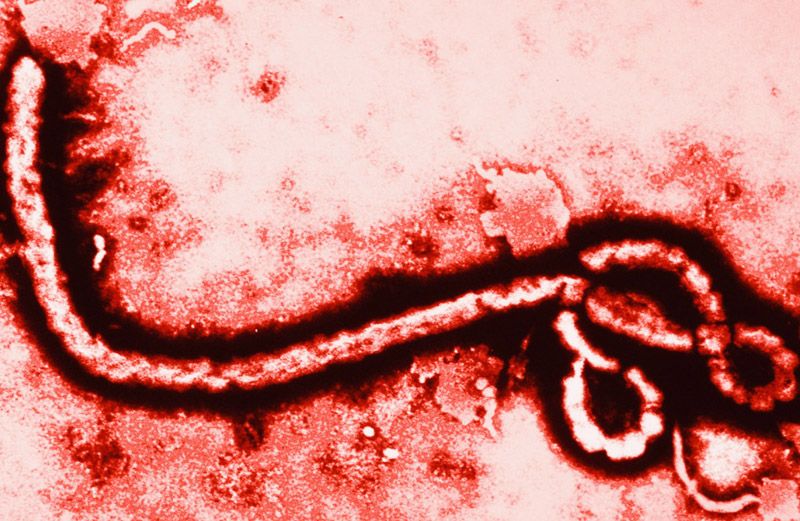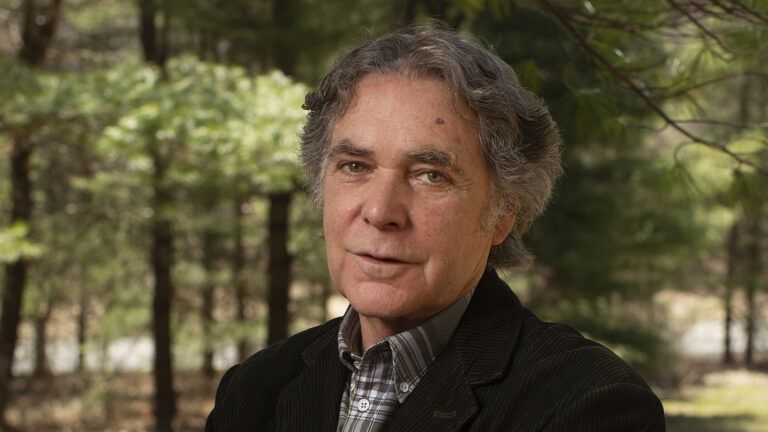The evening news has folks terrified these days with all the talk about Ebola, the largest epidemic in history. Approximately half of the people who have contracted Ebola in this outbreak have died, and rumors are flying faster than the epidemic itself. But actually, the risk of Ebola spreading in this country is extremely low. The Centers for Disease Control and Prevention have helpful words to say about protecting yourself. Here’s what’s important to remember:
Someone infected with Ebola doesn’t pass it to someone else until they have symptoms. These include a fever higher than 101.5 degrees Farenheit, severe headache, muscle aches, vomiting, diarrhea, stomach pain, or unexplained bleeding or bruising. If you come into contact with such a person, don’t touch any items with their blood or bodily fluids on them (clothes, bedding, needles or medical equipment). Also, dispose of needles and other sharps in a puncture-resistant container, and handle them with care. Keep in mind that the time from exposure to when symptoms appear (the incubation period) is 2 to 21 days. The average time is 8-10 days.
The virus is spread through direct contact with the blood and body fluids of someone who is ill with Ebola. This includes urine, feces, vomit, sweat and semen. Ebola is a very fragile virus. Experts assure us that Ebola is not spread through the air, water, or food. Rather, it enters the body via broken skin or through the eyes, nose or mouth. Ebola doesn’t pass easily from person to person like the common cold, but one should not touch the body of a person who has died from Ebola.
Tell your healthcare provider if you have had close contact with Ebola or traveled to an area with an Ebola outbreak. The three West African countries that have been hit very hard by Ebola are Guinea, Liberia and Sierra Leone. If you’ve traveled to any of these countries, be sure you tell your healthcare provider BEFORE you go to your doctor’s office or emergency room. This helps them to prepare for your visit and protect other patients. You could also be vulnerable if you have visited a hospital where Ebola patients were being treated and you had close contact with those patients or touched the body of an infected person. Let your healthcare provider know about your exposure even if you don’t have symptoms. They will know if further action is needed. During the time you are watching for symptoms—21 days after the initial exposure—you can continue to work and go about your normal activities. But seek medical care right away if you develop symptoms or a fever above 101.5 degrees.
Get a flu vaccine. You are far more likely to come down with the flu than Ebola. It’s predicted that 63 million Americans will get the flu this year. The flu is deadly, too.
If you’re over age 65 or have a chronic condition that weakens the immune system like diabetes, get the pneumonia (pneumococcal) vaccine. 900,000 persons in the U.S. acquire pneumococcal pneumonia each year. Five to 7% (3,000) die from it. Again, many more people die from pneumococcal pneumonia and its complications than will die from Ebola.
There is no vaccine for Ebola just yet. Experimental vaccines and treatments are being studied but they haven’t been fully tested for safety or effectiveness. That’s why hand hygiene–the cornerstone of all infection prevention–is so very important. Common-sense goes a long way in decreasing the spread of Ebola. After any possible exposure, wash your hands with soap and water (for 20 seconds) or use an alcohol-based hand sanitizer.






